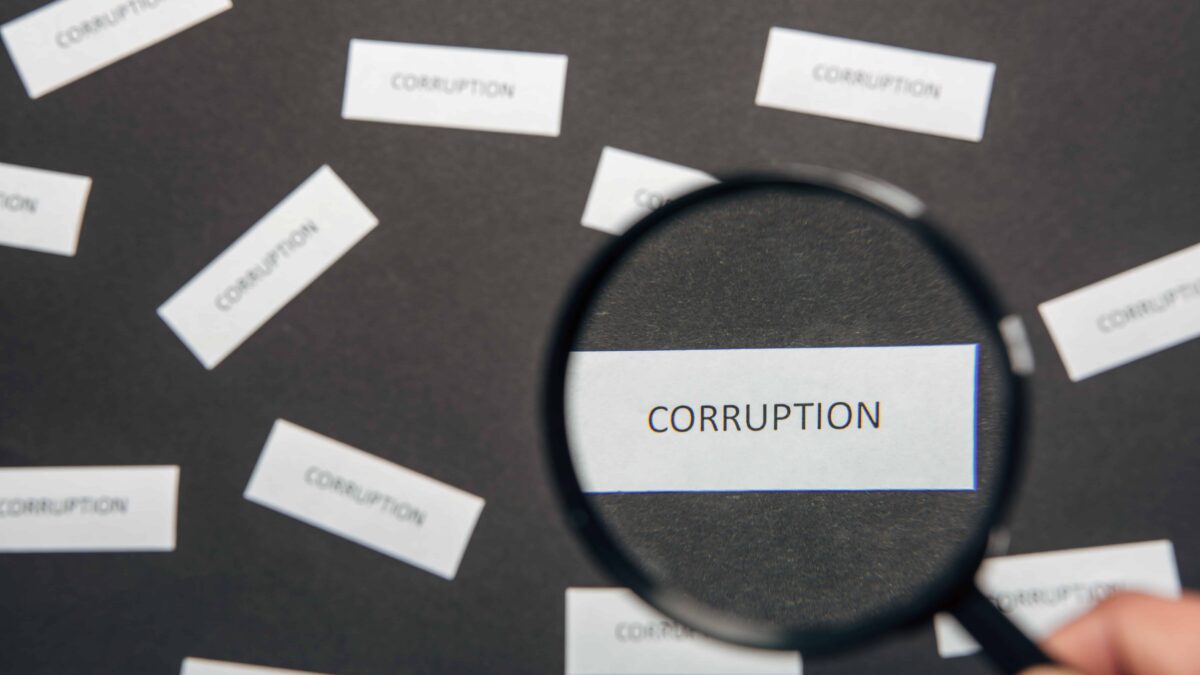The Strategic Importance of ISO 37001 in The Global Fight Against Corruption

3 Ways to Ensure a Successful Transition to ISO/IEC 27001:2022
May 3, 2024
Implementing an EMS in Your Business: Benefits and Best Practices
July 4, 2024Corruption is a pervasive problem that affects societies worldwide. It undermines trust in institutions, messes up economic growth, and weakens the fabric of society. Forms of corruption such as bribery and embezzlement not only hinder fair competition but also threaten the integrity of businesses and governments. To combat this risk, international standards such as ISO 37001 (Anti-Bribery Management) have emerged as crucial tools. In this blog, we explore the strategic importance of ISO 37001 in the global fight against corruption and its detrimental effects.
The Dangers of Corruption and Bribery
Corruption poses various risks to society, the economy, and individuals. It perpetuates inequality by redirecting resources from essential services to corrupt officials. Bribery affects market dynamics, favoring dishonest players over those that compete fairly. Additionally, corruption damages public confidence in institutions and devalues justice and the rule of law.
Operating a business in a corrupt environment can lead to many difficulties. Demands for bribery can:
- Increase operational costs, reduce competitiveness, and damage corporate reputations.
- Lead to legal liabilities, financial penalties, and reputational harm.
The Role of ISO 37001 in the Fight Against Corruption
ISO 37001 (Anti-Bribery Management) helps organizations prevent, detect, and address bribery and corruption risks. This standard provides a comprehensive framework for establishing an anti-bribery management system that is tailored to the specific needs of an organization. It outlines principles and guidelines for implementing policies, procedures, controls, and processes that ensure the organization is taking appropriate measures to prevent bribery and corruption. By adopting ISO 37001, organizations are committing to implementing a robust anti-bribery management system that aligns with best practices.
One of ISO 37001’s main advantages is that it focuses on a risk-based strategy for managing bribery. By carrying out comprehensive risk assessments, companies can identify weaknesses and apply specific measures to decrease the likelihood of bribery risks. Additionally, ISO 37001 encourages a culture of honesty and transparency, promoting ethical conduct across the entire organization.
Certification to ISO 37001 is a way for organizations to show their dedication to ethical business practices, and it helps to improve their credibility and reputation. When an accredited third-party auditor certifies an organization, it assures stakeholders like customers, investors, and regulators that the organization has implemented effective anti-bribery measures. Additionally, ISO 37001 certification can be a competitive advantage, indicating to partners and clients that the organization is committed to compliance and integrity.
The Synergy of ISO 37001 with Other Management Systems
ISO 37001 (Anti-Bribery Management) is a standard that can be used with other management systems, such as ISO 9001 (quality management), ISO 14001 (environmental management), and ISO 45001 (occupational health and safety).
The use of ISO 37001 with other management systems can lead to a more comprehensive approach to risk management. This ensures that anti-bribery efforts are aligned with the broader objectives of the organization. For instance, by incorporating anti-bribery measures into supplier management processes, the risk of bribery throughout the supply chain can be reduced. Similarly, by including anti-bribery training in employee development programs, organizations can promote a culture of compliance and integrity from the ground up.
Conclusion
In the global fight against corruption, ISO 37001 plays a vital role for organizations that aim to maintain ethical standards and combat the risks of bribery and corruption. Obtaining certification to ISO 37001 not only boosts an organization’s credibility but also reflects its commitment to ethical business practices and compliance with international standards.
However, the effectiveness of ISO 37001 depends on organizations’ commitment to implement and maintain solid anti-bribery measures. By collaborating to uphold ethical standards and fight corruption, organizations can contribute to creating a more fair, equitable, and sustainable global society.



